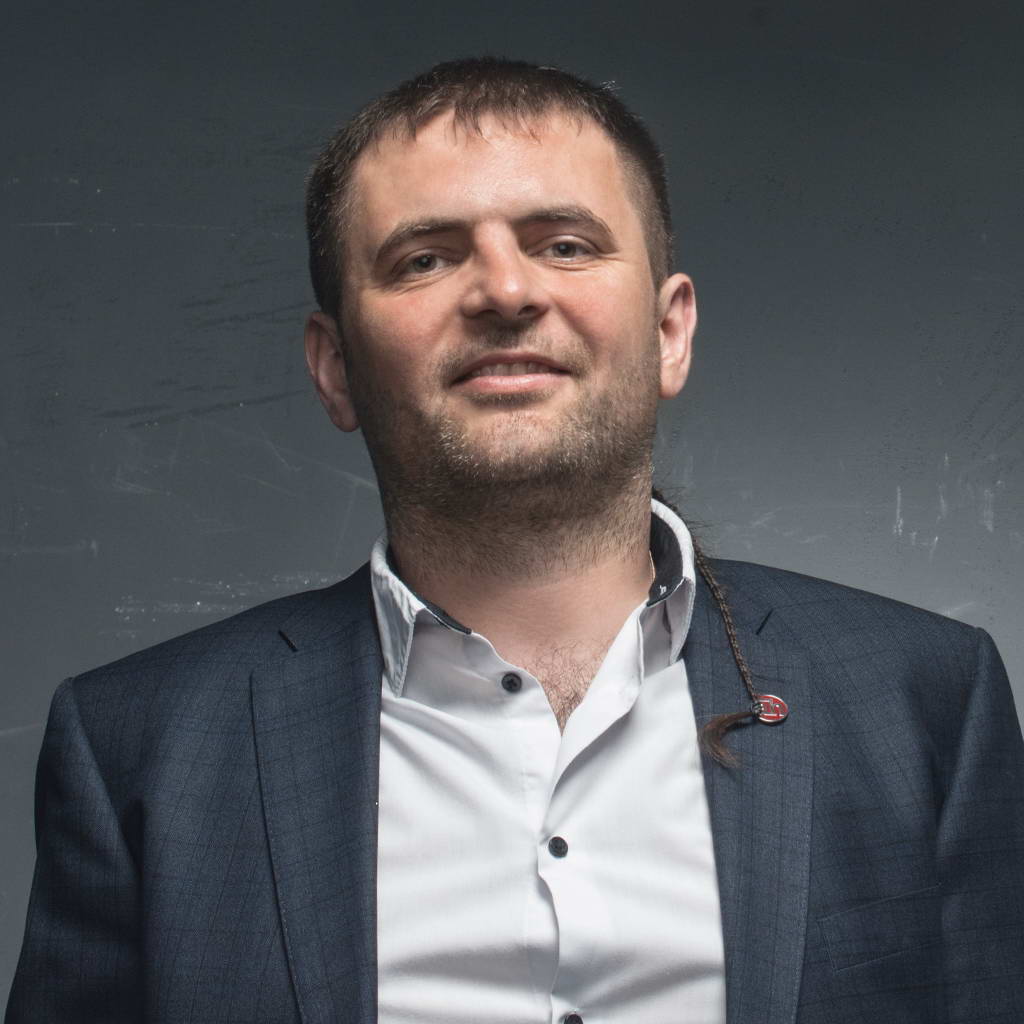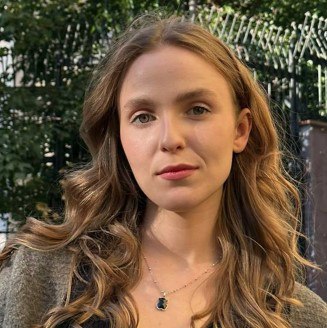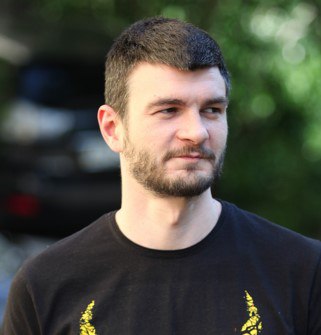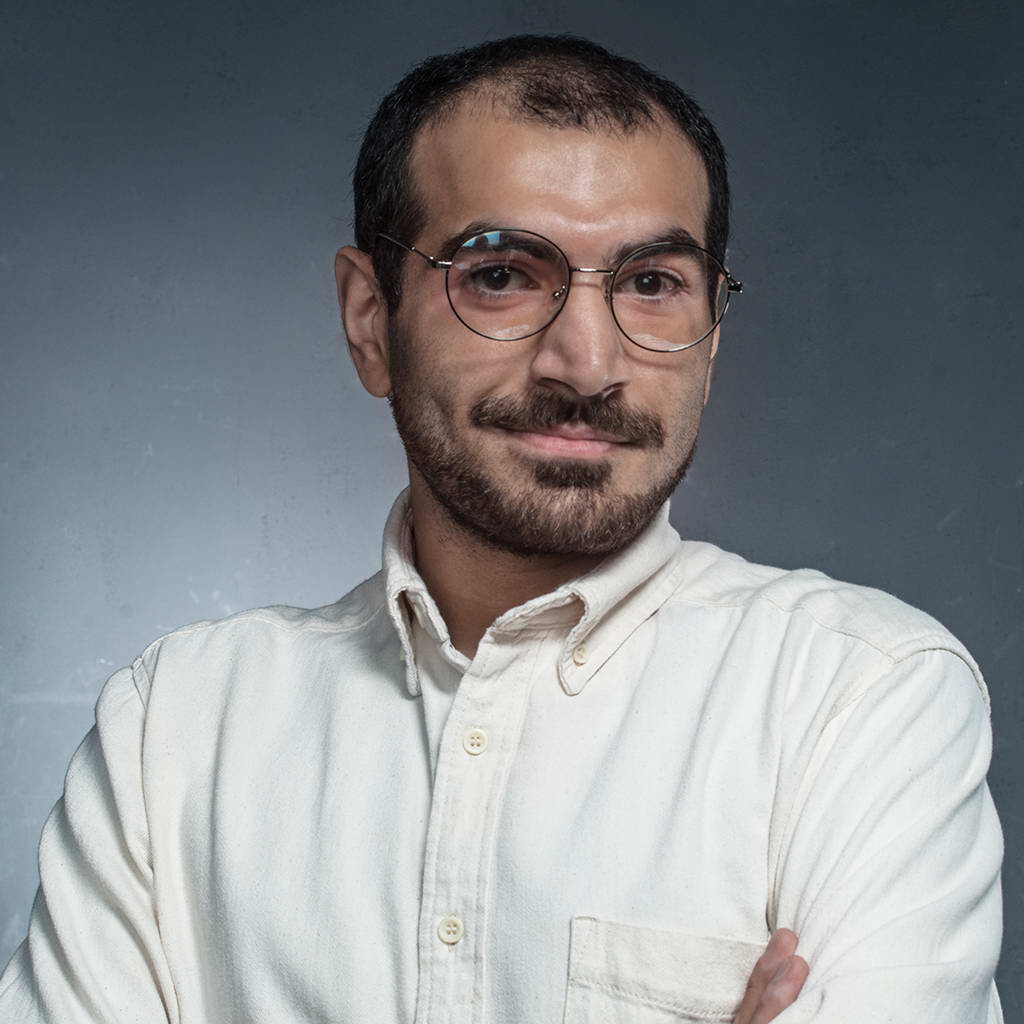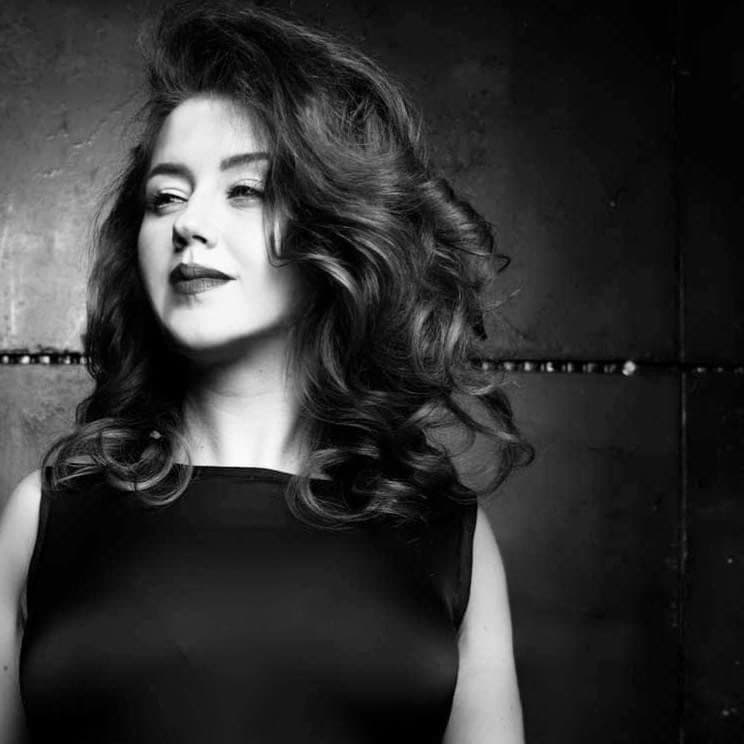Marketing VS Aggression: how bullies and speculators were eradicated in England
Andriy Franchuk, the creative director of the Brain Tank group, and Artem Riabov, the commercial director of Alex Zinchenko Image rights ltd, have already discussed how to invite Manchester City to Ukraine and promote the Kolos brand. The second part of their conversation will focus on fans, tickets, club TV, and TV rights in the Premier League.
Andriy: We have such a concept as “ultras,” that is, people following the team and supporting it in different performances at all matches. Some bullies were inspired by the British experience and films like "Green Street." Some ordinary viewers sit in the stands, but more often on the couch in front of the TV. How does this story work in Manchester City?
Artem: For us, a fan club is originally a family. Those people who have been rooting for the team for a long time. They cannot even be called a group. This is most likely a “public organization.” They also travel and support their team, but without performances and fights. Each team has one official fan club with officially registered members eligible to buy tickets for away matches.
Of course, in the 80s in England, there was the same story that is now happening in the post-Soviet space. We had hooligans who loved to drink, brawl and fight. But the British state and the police decided that going to football was still cultural entertainment and even a family event. As a result, all hyperactive fans were simply no longer allowed into the stadiums. Many fans received real prison sentences to create a precedent and intimidate! Of course, the hooligans remained, but now they have gone deep underground.
In addition, the clubs themselves are fined for flares, for insults, for racism, for incorrect banners …
Now in England, fires are prohibited, and in some stadiums, it is even forbidden to play drums. Sometimes football fans are more like theatergoers. Remembering the last City and United derby, before my eyes, a picture when the fans of both clubs just mingled in one crowd, and there was no single scuffle. People come to rest and behave pretty well. Few people want to get a lifetime ban on visiting the stadium.
Yes, at the intersection of the guest and home sectors, someone can throw a bottle, or shout, or run out somewhere. But the stewards and the police work very quickly.
English stadiums have a face recognition system. All fan club tickets are purchased by name. And if someone breaks the rules, he will be deprived of his season ticket and banned from entering the stadium. All these conditions are spelled out in the subscription agreement and in the rules for visiting the stadium, so there is basically no point in arguing with the organizers.
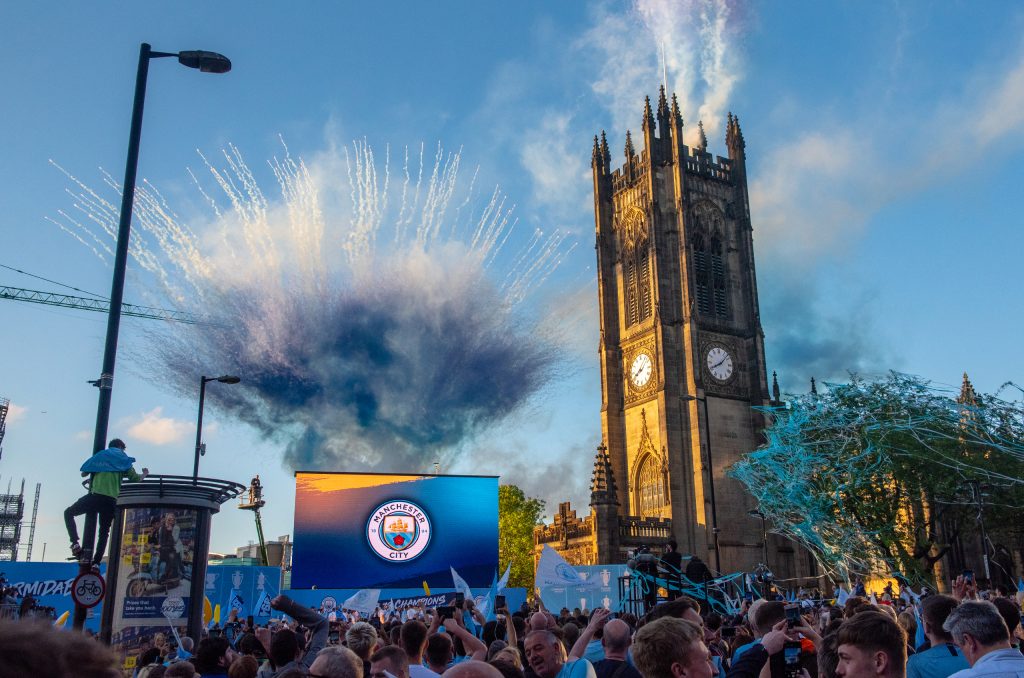
Andriy: Of course, it's a little unusual that everything is calm in the homeland of hooligans. The British set the trend, started a fight, and now into the bushes?
Artem: To attract more people, you need to create appropriate conditions for them. Now the English football stadium is a space for a comfortable, safe, and interesting family vacation.
I think that just such a format and such experience could help Ukraine develop football in its country and attract more and more spectators to matches, sell “merchandise,” and so on. The same mate from the stands is one of the problems of Ukrainian football. You can also get it in the face for the wrong colors. This paradigm is suitable for some, but it is a strong burden that pulls it to the bottom for the development of mass sports.
Andriy: What do fan club tickets and season tickets mean? Tell us more about the sale of seats. How does the sales system work and how realistic is it to buy a ticket?
Artem: The open sale starts one month before the game. 80% of tickets immediately go to season ticket holders — club members and those for whom seats are assigned. If two weeks before the match, they do not confirm that they are collecting their tickets, these seats are added to the 20% that goes to the free sale.
In more detail, the subscription system works like this — you pay about 900 pounds per year, and a place is assigned to you for the entire season, i.e., all home matches of your club. There is a second type of season ticket, including the FA Cup and League Cup matches. The club's Champions League games are added to the third type of season tickets.
And if you do not go to the match, then you can give this place for free sale. You can get your money back now or get a discount for the next year. But more often, these places simply diverge between friends; they say, "I will not go to the match. Who is instead of me?"
If you want to watch a match at someone else's stadium, then the scheme is different. Before the game, a quota is allocated for the club, giving tickets to the fan club, and it already distributes them. For example, a quota of 5%. They give 1% for free sales and give 4% to members of the fan club.
The more seasons you attend a team's games, the cheaper your season ticket. Moreover, you can choose better places. Manchester City has a fan who has been a fan of the club for 80 years and has no intention of recovering.
Andriy: How popular is our story, when people buy tickets only to resell them later? How are you doing with speculators there?
Artem: There is practically no such practice in England. One person can buy a maximum of 4 tickets. Our clubs are interested in having real fans in the stands, and everything is done specially for them. Even if you buy 4 tickets and you are caught deciding to resell them, you will be deprived of the opportunity to purchase tickets and generally visit the stadiums.
For this, all club members fill out a questionnaire, and when they receive a card and buy tickets, they show documents. Before major matches, all 80% of season tickets are dismantled immediately, and the remaining 20% are sold on a first-come, first-served basis. People themselves are interested in the legal purchase of tickets, but the practice of buying before the match is practically absent. People don't come to the stadium without tickets. The fans themselves do not support speculators, like the police and the club.
Andriy: It is clear that there are more fans than seats in the stadium in hundred times. How much does a “ticket” cost in front of the TV, and is it possible to watch the game for free?
Artem: There is no free football in England. There are packages, and you can buy a monthly subscription “all football.” In addition, each top club has its own channel. By purchasing a subscription to it, you can watch all the games of your team.
A monthly subscription to Football is £ 49 / month, while Manchester City only £ 6.99.
Andriy: You can watch the top matches of the English Premier League on Setanta Sports for $ 3 a month. An interesting story on the club channels, tell us in more detail. This year, only Shakhtar.TV appeared in our country. Mostly archived matches are played. And what is the Manchester City channel?
Artem: Our channel broadcasts not only matches, but the archive alone is unlikely to gather an audience. A large media group is working on creating City's content, which creates anthologies and chronicles, conducts interviews, collects diaries, talks about training and social activities of players … And only then the cherry on the cake — the games themselves.
We are constantly working on unique content that the viewer will not see on Instagram or another resource. I.e., a person must understand what he is paying for. The basic concept is that you pay money and see what others cannot see.
For a club, it is a matter of hiring a media team of ten people, but as a result, tens and hundreds of thousands of people will buy a subscription. In addition, thanks to such sites, an additional loyal audience is created. For example, fans from Asia spend a lot of money to come to the match later, buy a T-shirt, etc.
Andriy: Speaking of viewers, who watches these channels, what is the audience?
Artem: A huge audience is people who are far beyond the borders of Manchester, for example, in Asia or America. Well, the British themselves, of course.
Andriy: What do clubs earn from this?
Artem: The English Premier League has the most expensive TV rights. Because that's what most football fans watch. TV money is calculated and paid at the end of the season to motivate the club.
In addition, there are parachute payments: even if a club leaves the Premier League, next season they receive 70% of the royalties, 50% in the second season, and then 30% of the broadcast royalties. I.e., if you are knocked out, you have a better chance of returning, keeping your players and fans. Television fees in the Championship are 10-15 times lower than in the Premier League.
The last-placed team eliminated from the Premier League receives around £ 100 million each year for TV rights. For comparison, the winner of the Spanish LaLiga receives 30-40 million.
Andriy: Just colossal sums … Perhaps that is why there is a widespread opinion that they are rich but lazy in the post-Soviet countries. Is there a similar image in England? Maybe some sponsors do not specifically want to work with footballers since ordinary people consider them “majors”?
Artem: There is no concept of millionaires in shorts because everyone roughly understands how this business works. I.e., fans believe that the players really deserve this money, which is the profession's peculiarity. Someone may grumble that it used to be different, but no more. Of course, many would like to see the same salary in other jobs, but these are the conditions of the market and people understand this. On the other hand, people probably react to this easily since the standard of living in England is fundamentally different from the realities of the post-Soviet countries.




